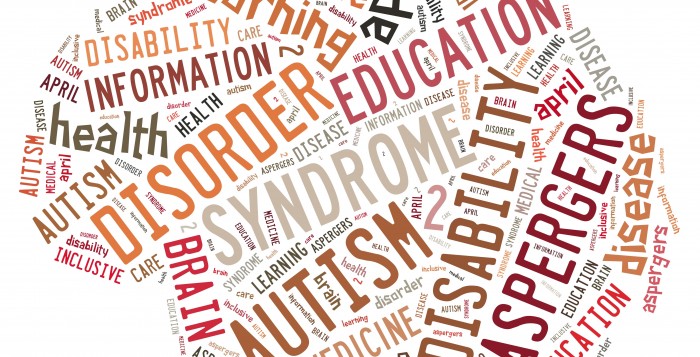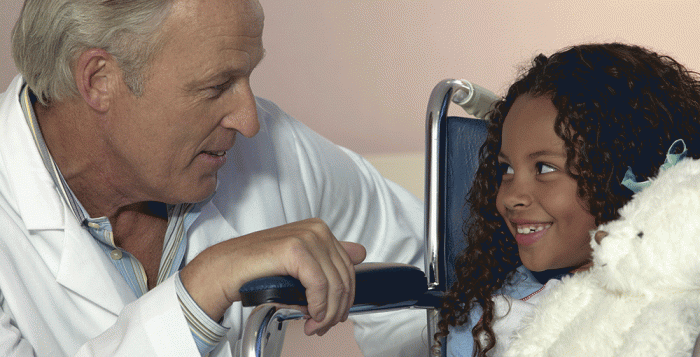The Pennsylvania Athletic Trainers’ Society, through a grant from the Pennsylvania Department of Health, brings you “A Consumer’s Guide to the Management and Care of Concussion in Sport.” This program gives a detailed look at the importance of proper identification and treatment of sport concussion, and the role of the licensed athletic trainer as part of the health care team to manage these injuries appropriately. The Safety in Youth Sports Act directs schools and athletic programs to create a health care team, and a concussion policy action plan, to aid in the management of concussions. This program will air on the Pennsylvania Cable Network (PCN) during the “Sunday Fusion” programming on the following dates and times:
- Sunday July 26, 3:30 pm
- Sunday August 2, 2:30 pm
- Sunday August 9, 5:30 pm
- Sunday August 16, 2:30 pm
- Sunday August 23, 4:00 pm
Beginning Monday, July 20 the program will be available on the PCN website.
















